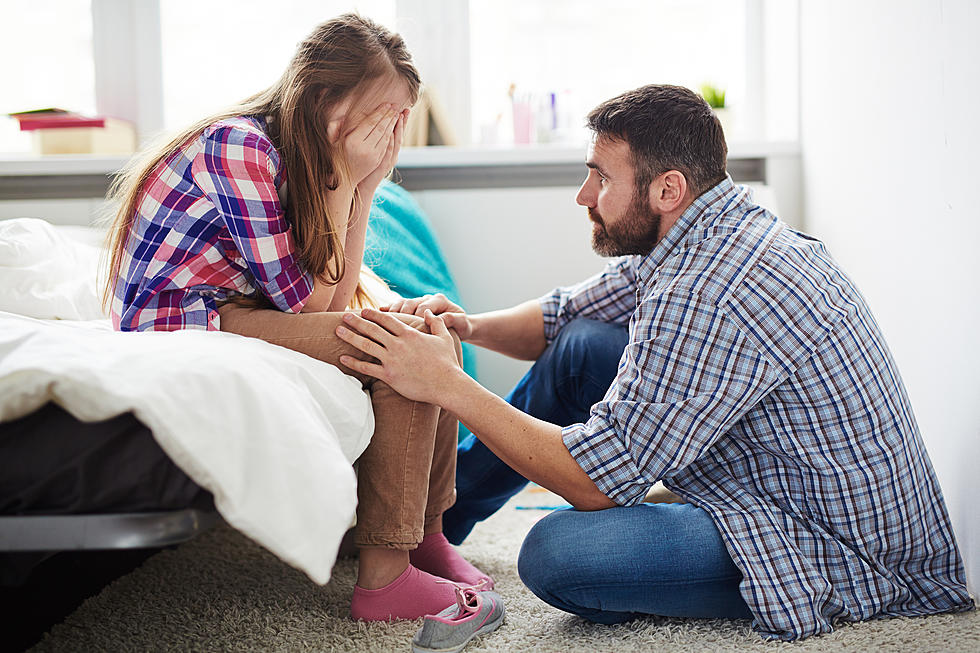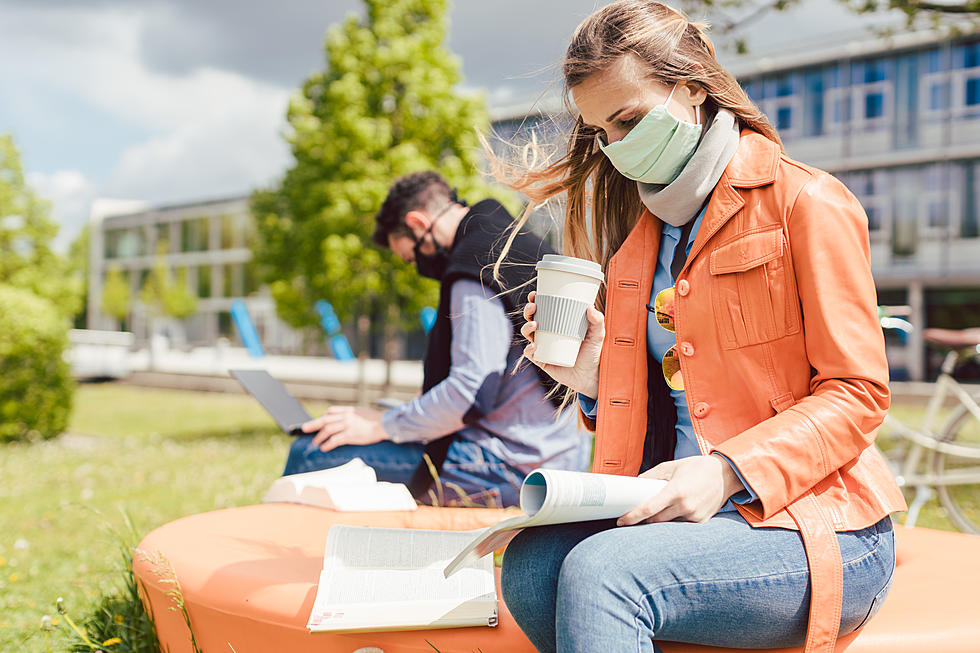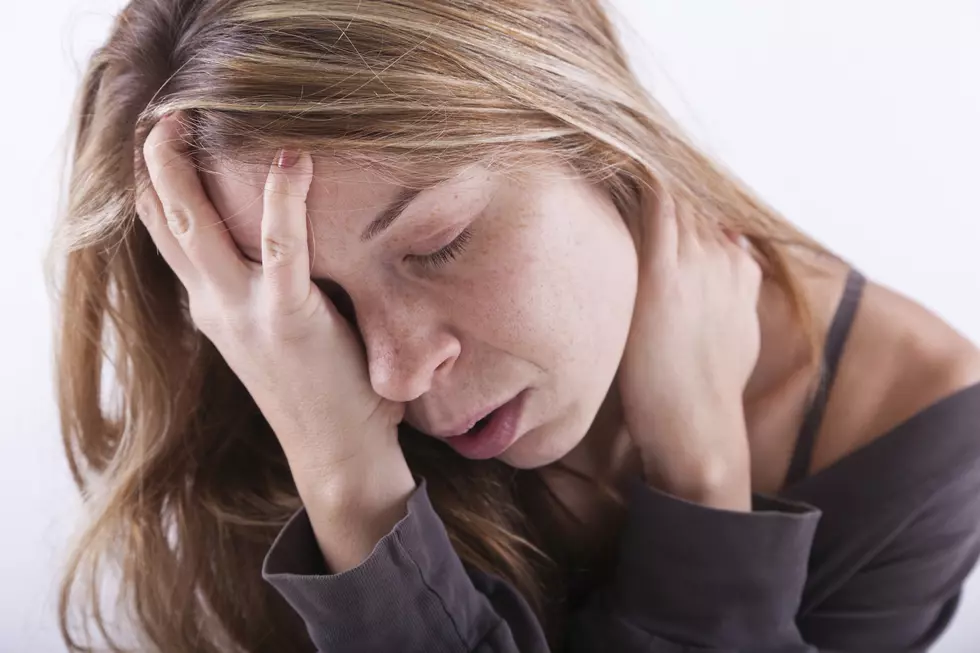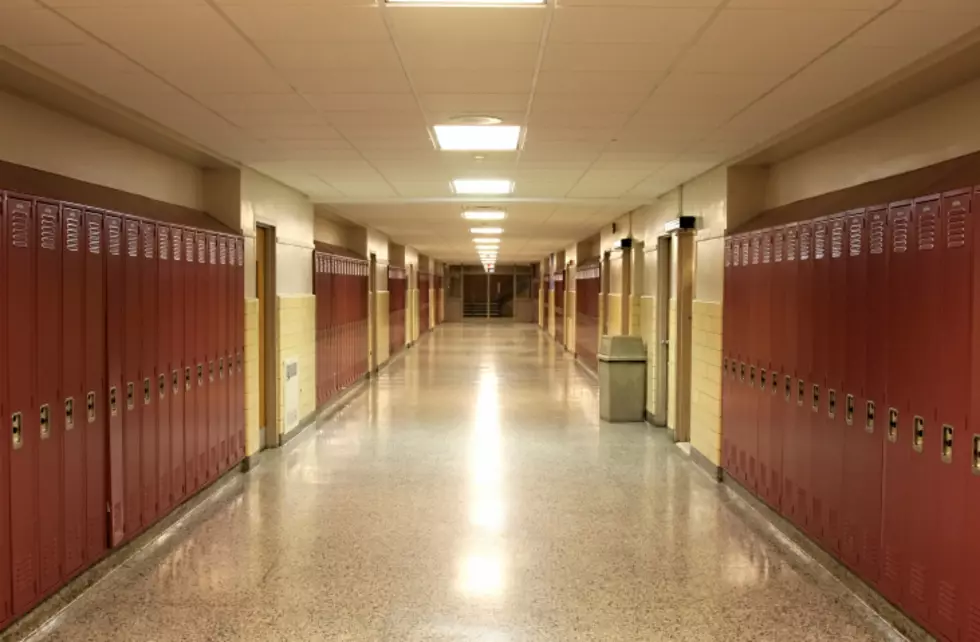
NJ psychologists offer advice for kids coping with COVID anxiety in school
School has been back in full swing in New Jersey for a couple of months now. While many kids have adapted to COVID-19 protocols and expectations, others are still having trouble re-socializing after being in a remote learning reality for so long.
Psychologist Dr. Ronald Coughlin, based in the Mercerville section of Hamilton, said there are two things to remember: Anxiety is prevalent in this situation and transitions are defined when someone stops doing something and starts doing something else. Both are fraught with negative emotions.
With that backdrop, children are in a transition during a difficult time, full of uncertainty about friends, performance, grades and much more, said Coughlin.
'Information is the best cure for anxiety, not drugs.'
With anxiety in younger children, there will be a lot of clinging behavior and crying. Coughlin said with pre-teens, there will be complaints about headaches and stomachaches. Older teens will hide away in their rooms, refusing to communicate.
"The common thread in all of that is anxiety and parents are the greatest models for children. What parents need to do is provide information. Information is the best cure for anxiety, not drugs," said Coughlin.
He said parents should not try to fix the problem. Instead, they have to sit down and listen to the child. Let the child talk and understand what the child is feeling, even if the parent does not agree with it.
"When that child can talk and feel like they're being heard, they're more likely to follow interventions," Coughlin said.
Then, he said, it would be a good idea to contact the school. If the schools have a mental health professional on staff, kids will have a much more likely outcome.
Reach out to the school resource officer to make a plan for the child. If it's a much more serious issue, Coughlin suggested reaching out to a mental health professional in the community. But he reiterated that the main culprit here is anxiety.
When kids are anxious, he said they need structure and routine. Kids also model after their parents' behaviors. So if a parent is anxious, the kid will be anxious, too. The same bedtime, the same breakfast time, the same dinner time, everything the same can help reduce anxiety.
"It's information and structure that will help rid that and give children a chance," said Coughlin.
Rutgers psychology professor Dr. Maurice Elias generally agreed. But he said for kids returning to school in the beginning of the year, they had to deal with a lot of uncertainty at first. But now, schools have established their procedures and kids are acclimating to them. He said we don't give kids enough credit for how adaptable they are to their environment and how they can deal with what's in front of them.
For kids who continue to struggle with re-socialization more than two months into the school year, there may be other reasons for this outside of themselves. Elias said we don't know how many kids are dealing with a parent's illness, changes in unemployment at home or changes in child care situations.
"Those things are very destabilizing for kids under any circumstances and it would not be surprising at all to see kids having some trouble with socialization in school," he said.
Elias said parents need to look at what's going on at home. If things are reasonably OK at home and kids are still having difficulty, talk to the child.
The school counselor will help parents help navigate what's going on at school. He said parents can try to talk to the kids about what's happening at school but let's face it, "kids are not always the best reporters."
A question parents should ask when a child is upset or anxious is "when?"
"It's very unusual for kids to feel uncomfortable for the entire school day. If we understand at what points of the school day they feel uncomfortable, then it gives us a much better handle on where we may have to intervene to help things out," said Elias.
The most critical thing is to recognize that it's November. A lot has happened. Kids are back at school. It's a different circumstance. It's not about adapting to the unknown, said Elias. It's about adapting to a new known.
Answers to 25 common COVID-19 vaccine questions
More From New Jersey 101.5 FM








![South Jersey woman sues over anxiety driving: What’s your driving phobia? [Poll]](http://townsquare.media/site/385/files/2014/06/traffic.jpg?w=980&q=75)
